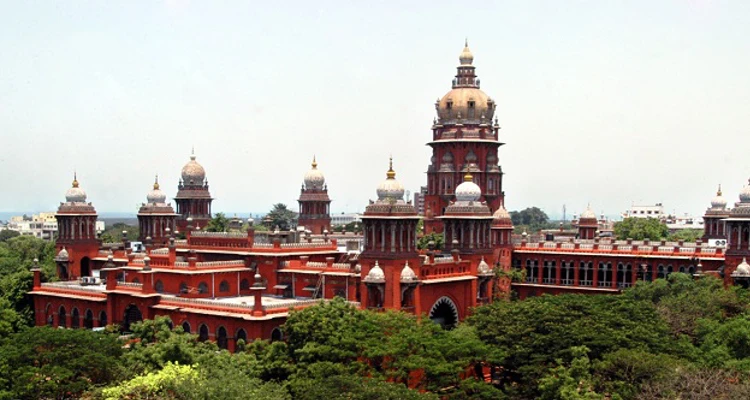
The Madras High Court on Wednesday has ruled that the ED can attach legitimate assets of equivalent value located within India to counter properties created abroad through criminal activities during money laundering investigations, emphasizing the economic interests of the country.
This ruling came in response to a petition from 3 Chennai-based companies. They contended they should not be held “vicariously liable” for alleged offenses linked to individuals and shareholders associated with them, asserting that the properties seized by the ED were acquired “long before” any alleged bank loan fraud.
Justices SM Subramaniam and V Sivagnanam stated in their Tuesday order that it is “amply clear” under Section 2(1)(u) of the Prevention of Money Laundering Act that any property, whether held domestically or abroad, can be classified as “proceeds of crime” if derived from criminal activity.
The court clarified that if properties linked to criminal activities are located outside India, their equivalent value within the country can be seized by the ED. It highlighted that this legal provision aims to protect the nation’s economic interests. Furthermore, the court indicated that properties attached domestically need not be directly purchased with proceeds of crime.
The ruling also affirmed that properties acquired before the scheduled offenses under the PMLA could still be attached if the related criminal activities occurred overseas.
The court dismissed the companies’ argument against vicarious liability under Section 70 of the anti-money laundering law, directing them to present their case to the Appellate Tribunal of PMLA to substantiate their defense with evidence. While the petition was rejected, the court assured that the trial would remain “uninfluenced” by its observations.
The ED informed the court that funds related to the bank loan were transferred through multiple companies, leading to the identification of money laundering in this 2018 case, initiated following a CBI FIR.




